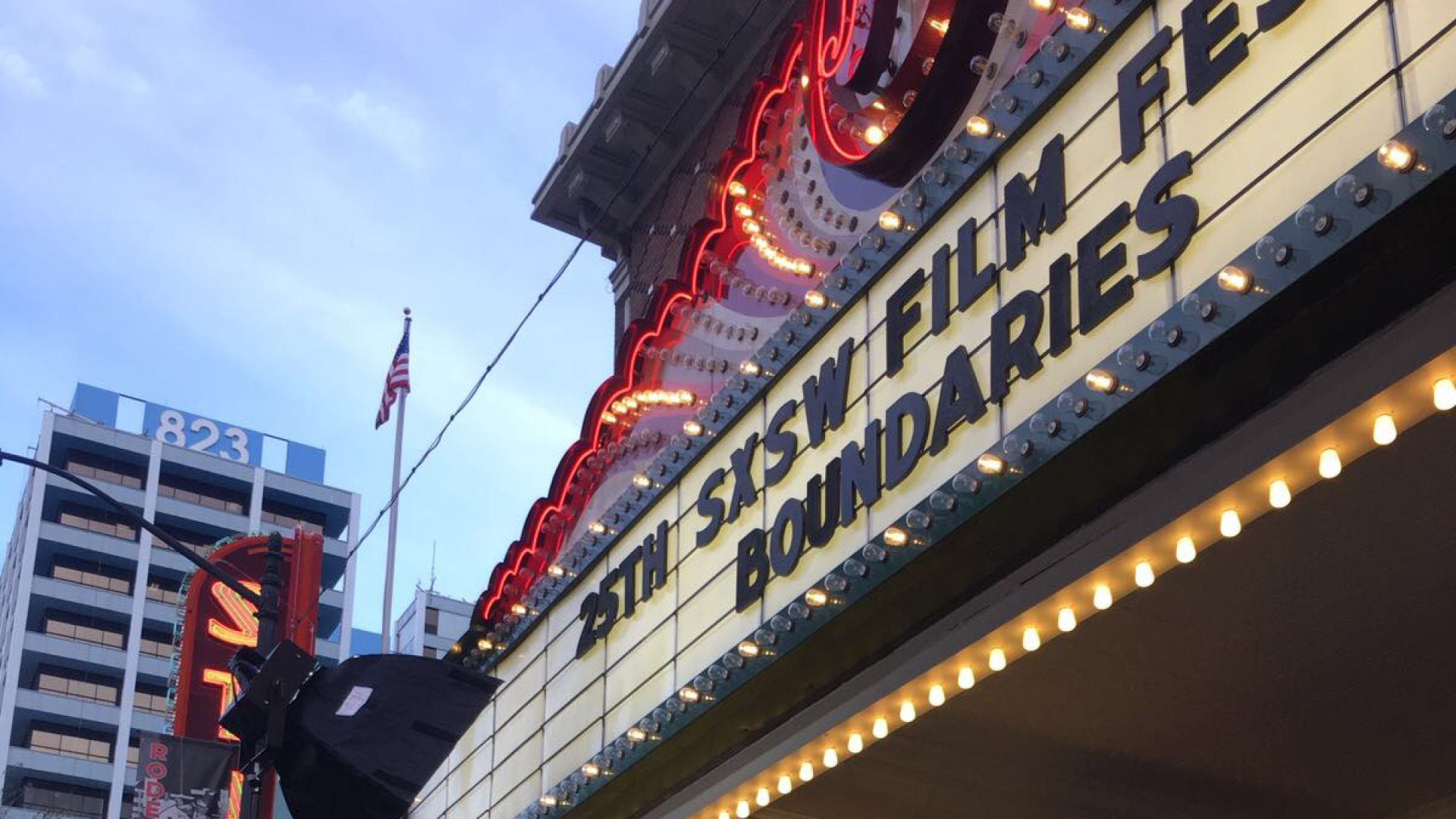29th March 2018
BlogSXSW is one of our favourite events of the year. It is the premier destination for discovery, and SXSW proves that the most unexpected discoveries happen when diverse topics and people come together. This year we sent Robyn Wagner, Account Manager and Hannah Neenan, Senior Planner, to SXSW in Austin, Texas, to find out what is disrupting healthcare as we move further in to the age of AI, virtual reality and technology. In this blog, Robyn Wagner has shared her experience of the event.
Hey Siri, are we nearly there yet?
When work first told me that I was invited to SXSW, I was flooded with so many emotions – gratitude, curiosity, but mostly excitement. Who could blame me? I’m only human.
What does it mean to be human? This was a question that I was confronted with a lot at my time at SXSW – is it cognitive thought, or is it compassion, care, love, and emotion? Robotics and AI were one of the main themes at the festival in Austin; it felt like every other person that I met worked for a robotics company. Sitting eating dinner one night we started chatting to an engineer from Syntouch, a company that made screens and apps that allowed the user to feel texture. The user could touch the screen and feel chord, cotton and wool. Their technology is set to make waves in the retail industry, however it got me thinking about how this could be utilised in healthcare. A doctor could use this technology to feel for lumps in a patient, without the patient even having to set foot in the clinic.
My quest for further insight into what it means to be human led me to a film premiere for ‘More Human than Human’. It explored what it means to live in the age of intelligent machines, taking the filmmaker to the world’s leading AI experts and robot pioneers, confronting them with questions to find out if AI could render humanity obsolete, or whether AI is the future to support the human race. He met with a young boy who had Autism who used Siri to converse with throughout the day. The boy’s mother spoke about how Siri was an incredible help for her as her son could ask specific questions on very niche topics – in his case, endless questions on tree frogs. Siri would have all of the answers that a human most likely wouldn’t. Siri will never get bored of 100 questions about tree frogs; it will never have ‘had a bad day’, or been stuck in traffic – all the realities of being human, Siri doesn’t have to face. Unlimited answers, unlimited patience, unlimited possibilities.
A notable debate that I attended early on in the festival was entitled ‘Robot meets Freud – bots in mental health’ discussing whether we can entrust our mental health to a machine, speaking about the strengths and weaknesses of AI applied to previously human territory. The panel included the founder of 7 cups of tea, a company that has developed a chatbot to give emotional support to those in need. The panel discussed the advantages and disadvantages of having a bot as a therapist. The positive theory goes that people may lean towards trusting a bot more because they believe the bot to have no judgement, no past, and no memories. That said, there is an argument to suggest bots with AI do have memories, as they are programmed by humans who do have emotions that often transfer into the bot itself. The outcome of the panel discussion was that bots would make great triage therapists – meaning people would have their initial discussions with the bot to get accustomed to communicating their full emotions, then the bot would triage when the patient would be ready to speak to a human therapist who can help with that emotional connection. Interestingly, when the panel were asked if they would prefer a human or a robot as their therapist, all of them said human…even though the panel was made up of many people who work with AI. According to the panel, with regards to therapy and counselling, in the US there would need to be 40 times more therapists to meet the need that is demanded. Bots could be a way to alleviate the pressure of this vital service.
It makes me wonder whether robots can work in synergy to humans, and help alleviate the pressure on the global healthcare systems, or whether the scepticism of their use is still too great and the fundamental trust is not there. There is definitely a future of AI and bots in healthcare – the question is how and where will they fit?
